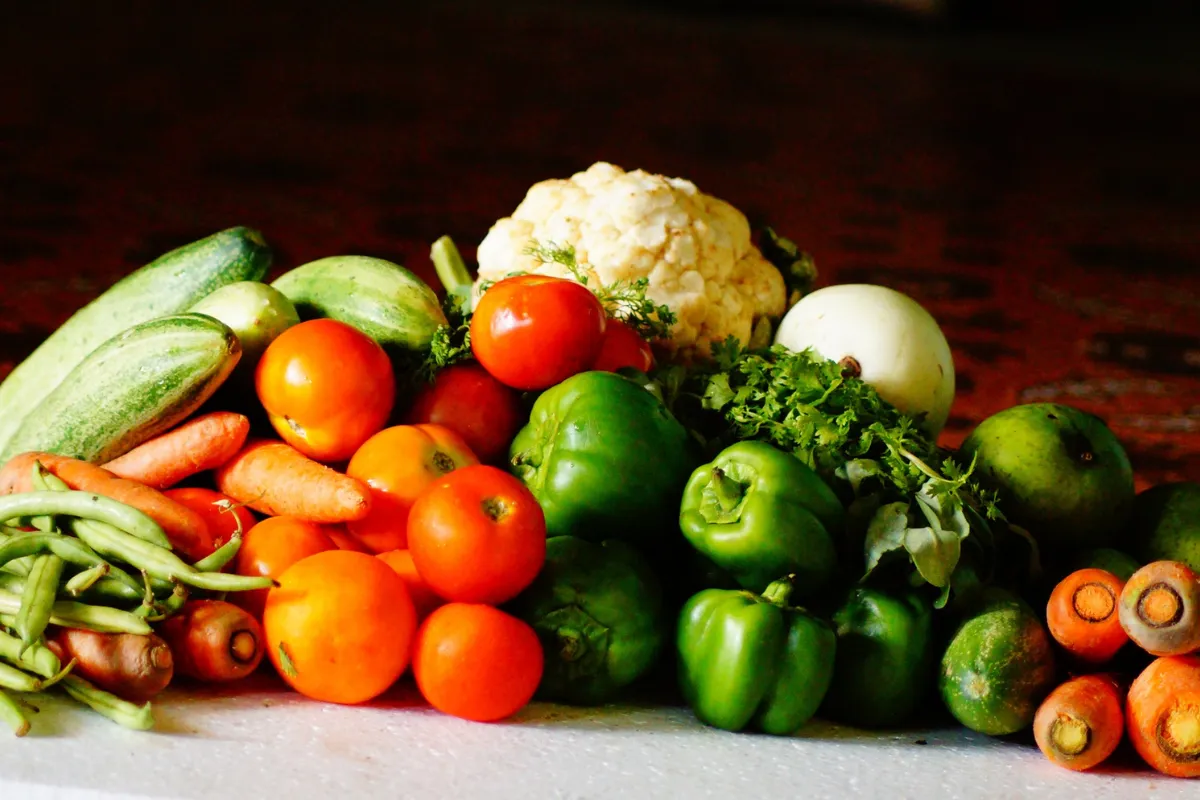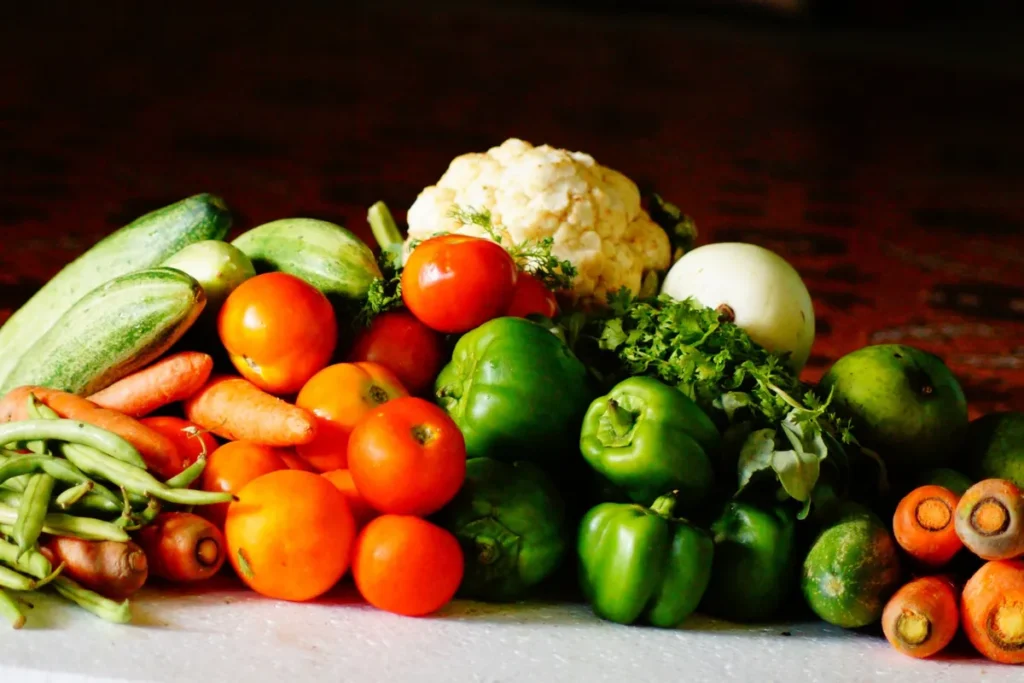
Ever dreamt of strolling through your own vegetable garden, plucking fresh produce for dinner.
The joy of cultivating your veggies not only elevates your culinary adventures but also connects you to the earth.
In this article, we’ll explore six vegetables that are not only beginner-friendly but also promise a bounty of homegrown goodness.
Tomatoes: The Juicy All-Rounder
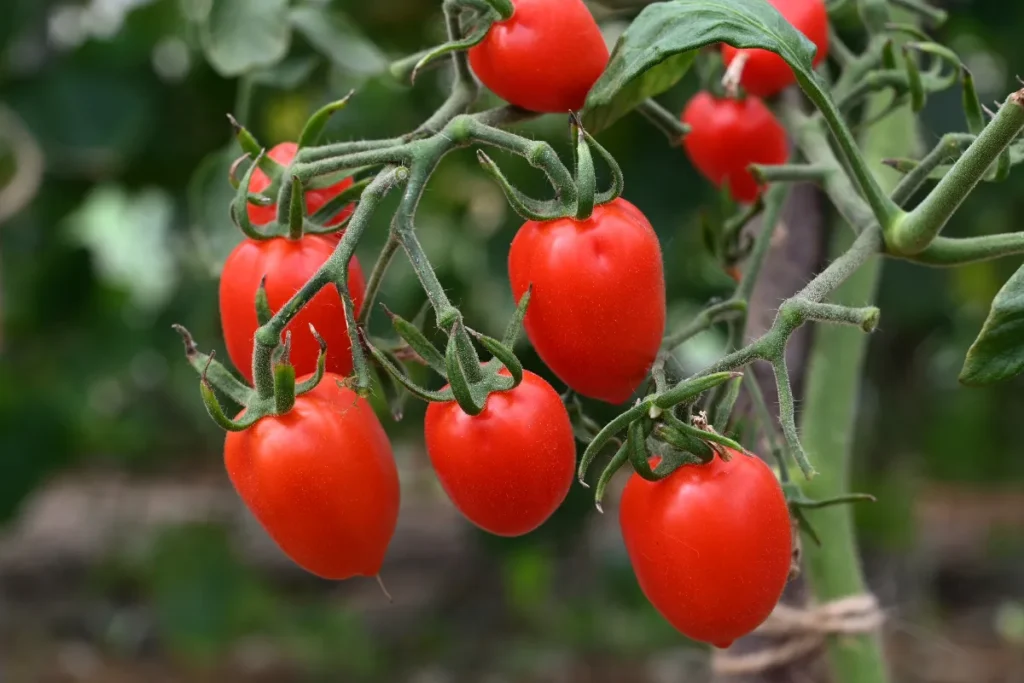
What’s a home garden without tomatoes? These juicy, versatile delights are the perfect starting point for any aspiring gardener.
Whether in pots, hanging baskets, or garden beds, tomatoes thrive with a bit of sunlight and regular watering.
From cherry tomatoes for salads to plump beefsteaks for sandwiches, the possibilities are as endless as the vines themselves.
Spinach: A Nutrient-Packed Powerhouse

Popeye’s favorite, spinach, is a nutritional powerhouse you can easily grow at home.
Packed with iron, vitamins, and antioxidants, spinach flourishes in containers or garden beds.
Harvest the young leaves for salads or let them mature for cooking.
It’s a low-maintenance green companion that rewards you with health benefits in every bite.
Bell Peppers: Adding Color to Your Garden

Brighten up your garden and your meals with vibrant bell peppers.
These colorful wonders thrive in warm, sunny spots.
With varieties ranging from sweet to spicy, bell peppers are perfect for container gardening.
Imagine stepping into your garden to pluck red, yellow, or green peppers for a visually stunning and delicious addition to your dishes.
Cucumbers: The Refreshing Crunch
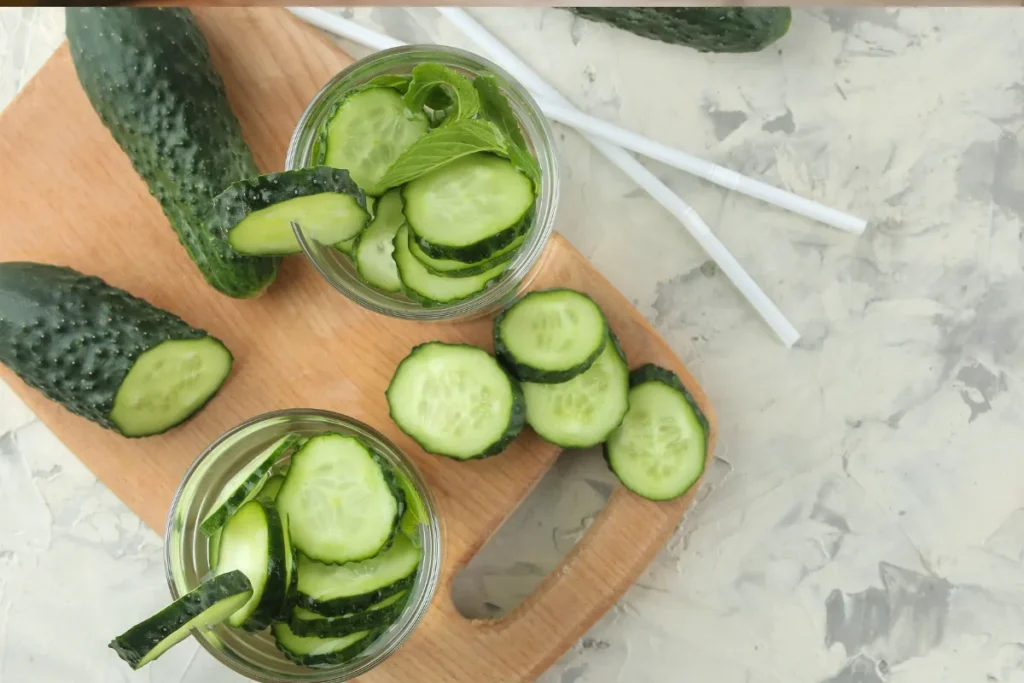
Craving a refreshing crunch in your salads and sandwiches? Grow your own cucumbers! These trailing vines are well-suited for both garden beds and vertical gardening.
With regular watering and support, you’ll be rewarded with crisp cucumbers that bring a burst of hydration and flavor to your homegrown meals.
Carrots: Rooted in Goodness
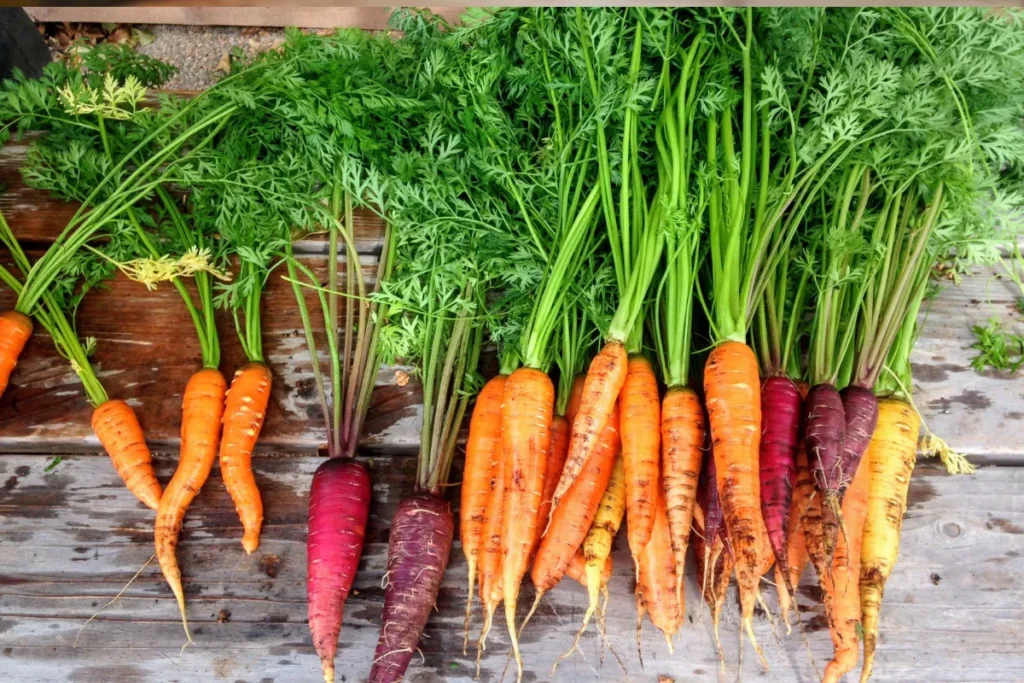
Delve into the world of root vegetables with carrots, a garden favorite for both young and experienced growers.
Carrots thrive in loose, well-draining soil, and their feathery green tops make for an attractive addition to your garden.
Harvest them at various stages for baby carrots or let them mature for a sweet, earthy crunch in your culinary creations.
Herbs: Flavorful Garden Allies
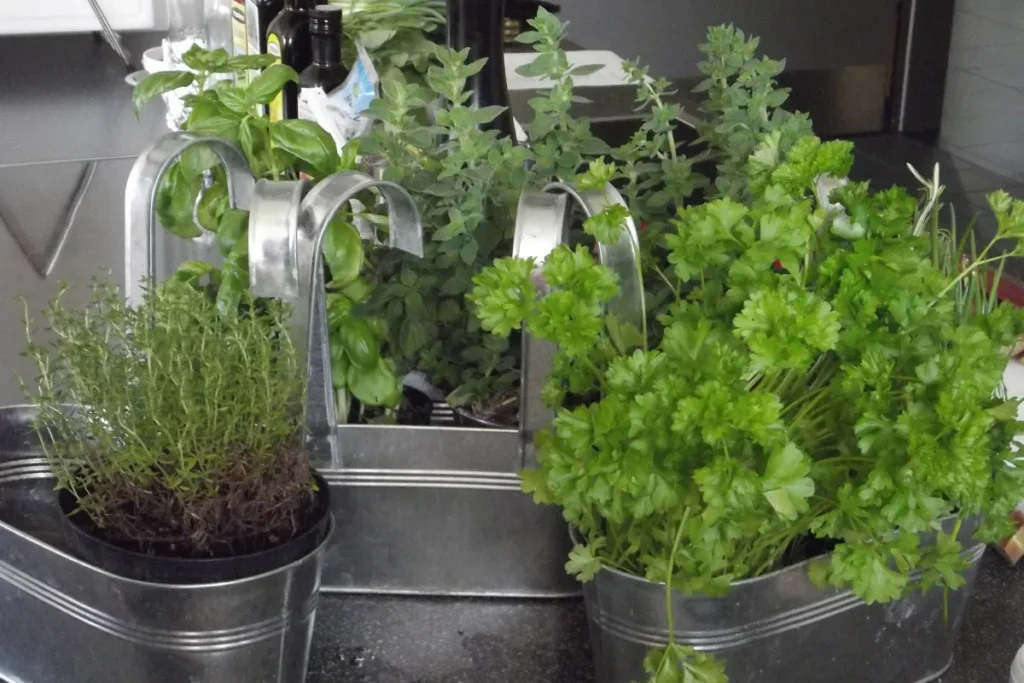
Take your culinary skills up a notch by growing your herb garden.
Basil, mint, rosemary, and thyme are just a few options that thrive in pots or small spaces.
Not only do herbs add a burst of flavor to your dishes, but they also serve as natural pest repellents, making them valuable garden companions.
Planting Seeds of Success
Starting your vegetable garden involves more than just planting seeds.
Consider factors like soil quality, sunlight, and water requirements.
Experiment with different planting methods—container gardening, raised beds, or traditional garden plots—to find what works best for your space and lifestyle.
Nurturing Your Green Babies
Just like any living beings, your vegetables need care and attention.
Regular watering, occasional fertilization, and keeping an eye out for pests are essential tasks.
Engage with your garden, listen to its needs, and watch as your efforts blossom into a thriving oasis of homegrown delights.
Harvesting the Fruits (and Veggies) of Your Labor
The magic of home gardening culminates in the harvest.
Pick your vegetables when they’re at their peak ripeness for the best flavor and nutritional content. As you savor the fruits of your labor, you’ll develop a deeper appreciation for the journey from seed to plate.
Conclusion
Growing vegetables at home is not just a hobby; it’s a journey that connects you to the natural rhythm of life.
From the first seed planted to the last bite of a freshly harvested tomato, the joy of cultivating your own veggies is a gratifying experience that anyone can embark on.
FAQs
Can I grow vegetables indoors?
Yes, many vegetables, especially herbs and compact varieties, can be successfully grown indoors with proper sunlight and care.
How often should I water my vegetable garden?
The frequency of watering depends on factors like climate and soil. Generally, aim for consistent moisture, not allowing the soil to dry out completely between watering.
Are organic fertilizers necessary for a home vegetable garden?
While not necessary, organic fertilizers enhance soil health and contribute to the overall well-being of your plants. They are a natural and sustainable option.
What are common pests in a vegetable garden, and how can I deal with them naturally?
Common pests include aphids and caterpillars. Natural remedies like neem oil, companion planting, and introducing beneficial insects can help manage pests without resorting to chemical solutions.
Can I grow vegetables year-round?
The ability to grow vegetables year-round depends on your climate. In warmer regions, it’s often possible, while in colder climates, you might need to rely on indoor gardening during the winter months.
